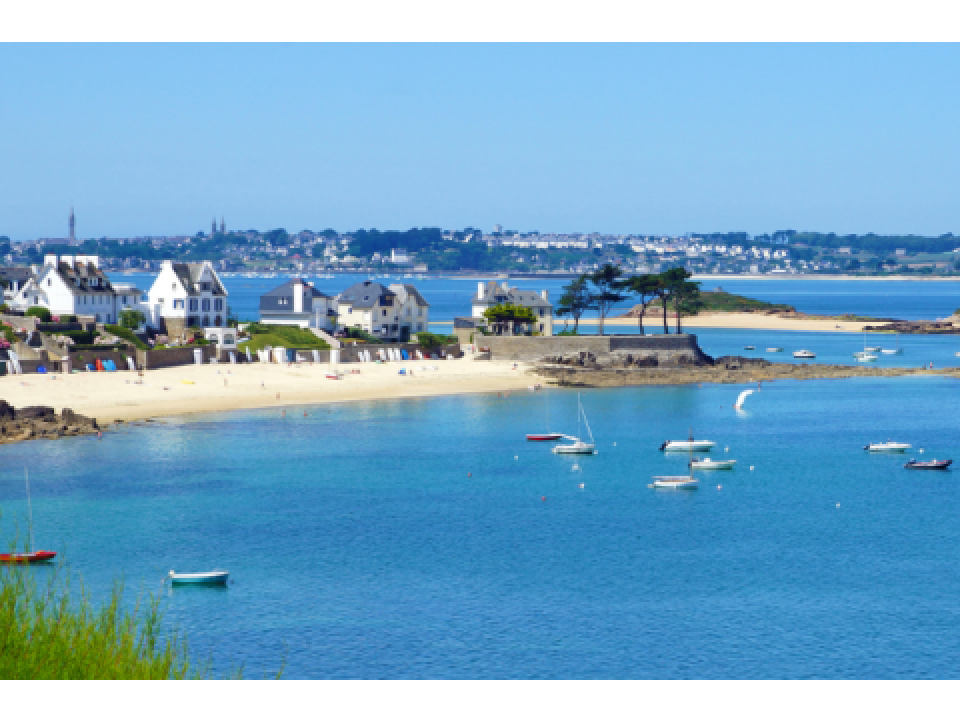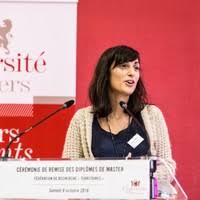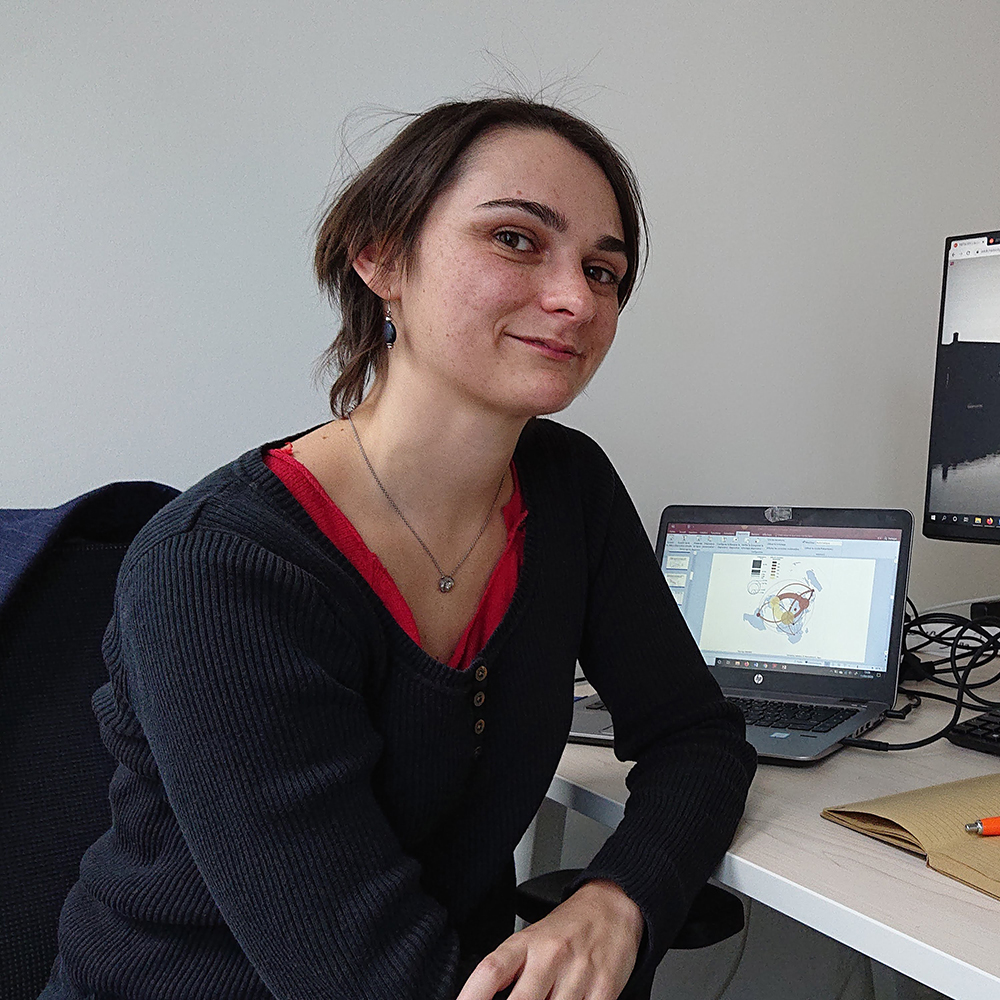Discover the speakers of the Sea Tech Week session: "Marine sciences, Industry and Territories: observing pathways and local strategies to develop Blue Economy"
- Discover the speakers of this session organised bu Blue Valley / PETR Pays de Morlaix on Thursday 15 October 9a.m. - 11a.m.
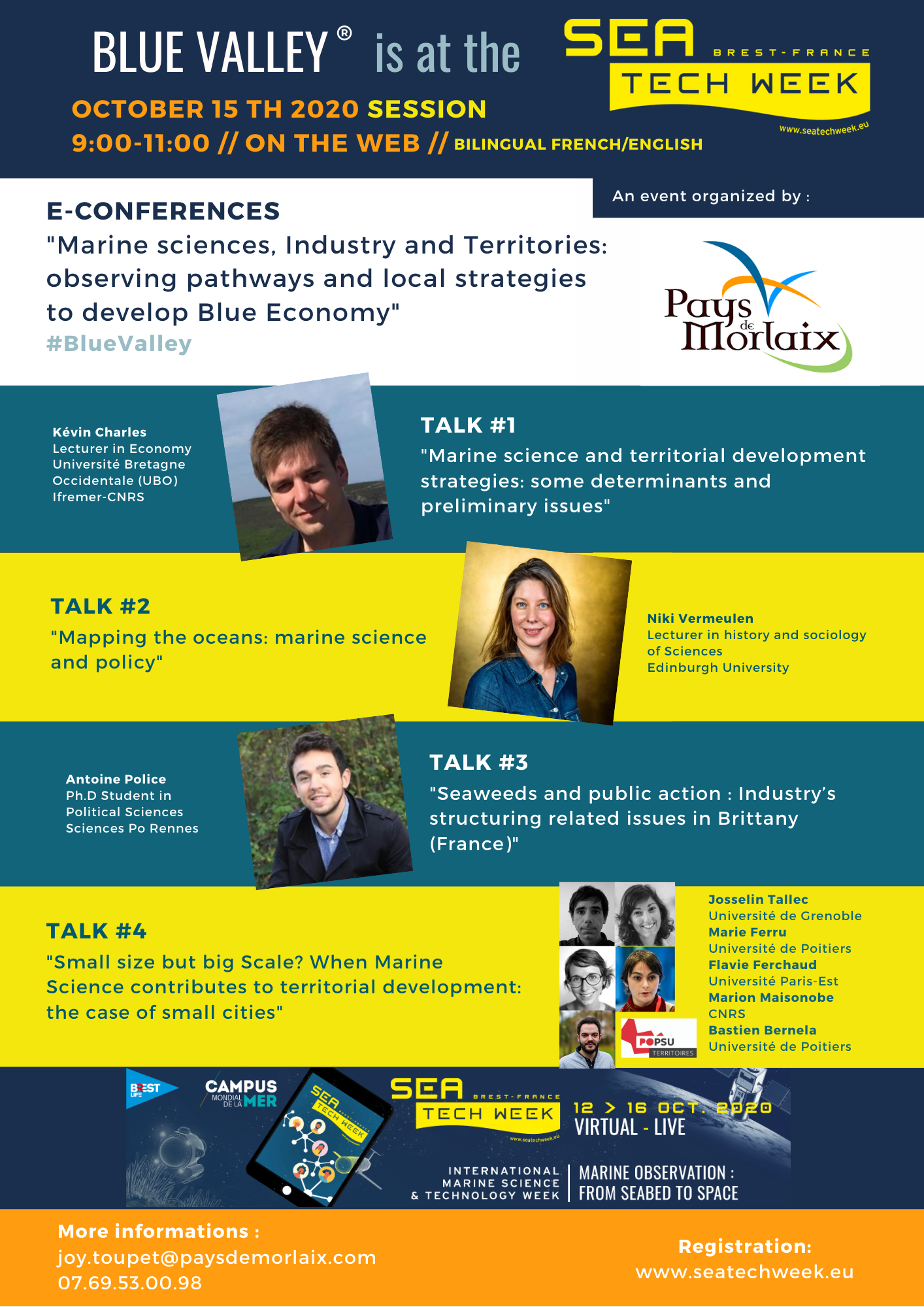
Kevin Charles, Université Bretagne Occidentale (UBO)
Marine science and territorial development strategies: some determinants and preliminary issues

The development of marine sciences contributes as much to the global economy (blue economy) as to the local economy through the activity of research centers and the possibilities of technology transfer. The idea of this interview is to offer some keys to understand the ways in which science interacts with the other socio-economic components of a territory and to look at the factors contributing to local development / technology transfer / creation of assets. The suggested avenues for reflection derive from work carried out on the basis of two case studies (Brest, France, and Bergen, Norway).
Niki Vermeulen, University of Edinburgh – School of Social and Political Science
Mapping the oceans: marine science and policy
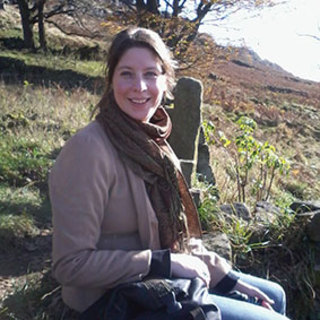
This presentation analyses how the integration of marine science findings feed into the Scottish strategy to tackle global warming. This analysis makes it possible to contribute to a better consideration of Human and Social Sciences in the new political agenda of States to respond to the complexity of the challenges posed by global warming. The subject is based on France / Scotland comparison.
Antoine Police, Ph.D Student in Political Science, University Rennes 1, ARENES (UMR 6051)
Seaweeds and public action : Industry’s structuring related issues in Brittany (France)

The seaweed industry constitutes an intersection viewpoint for the political management of natural resources. This communication analyses the multiple dynamics of seaweeds political setting, focusing on Brittany since the 1950’s. How are mediated the plurality of interests? Which coalitions are build in the territory between politics, administrations, businesses, and scientists? This presentation highlight complex and surprising processes of alliance to categorize the seaweed resource whose potential is promising as much as uncertain.
Bastien Bernela, Université de Poitiers – Laboratoire CRIEF;
Flavie Ferchaud, Université Gustave Eiffel- LAB’URBA;
Marie Ferru, Université de Poitiers – Laboratoire CRIEF;
Marion Maisonobe, UMR CNRS 8504 - Géographie-Cités;
Josselin Tallec, Université Grenoble Alpes – Institut d’Urbanisme et de Géographie Alpine.Small size but big Scale? When Marine Science contributes to Territorial Development: the case of small cities
This communication proposes to look at the role played by the relational factor in the structuring of the economic dynamics of non-metropolitan territories. It underlines the development of Roscoff whose Biological Station is one of the main and oldest European center for marine biology and ecology. Using bibliometric data and interviews, it sheds light on the changing role the Station plays in the territorial development. It also analyses how local policies have engaged in the collective construction of the first national science park dedicated to marine biotechnology and its industrial applications. Doing so, the communication make visible the dynamics of relations that are usually unobservable from data used to analyze territorial development and illustrate that small sized cities can be « science and innovation hubs » and other spaces of « inconspicuous » globalized economic processes.






